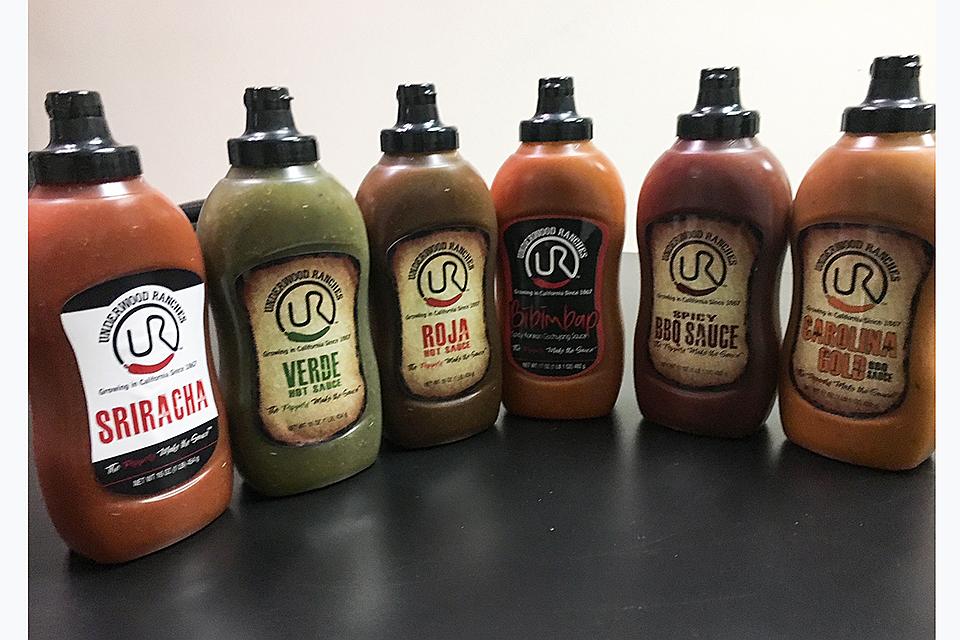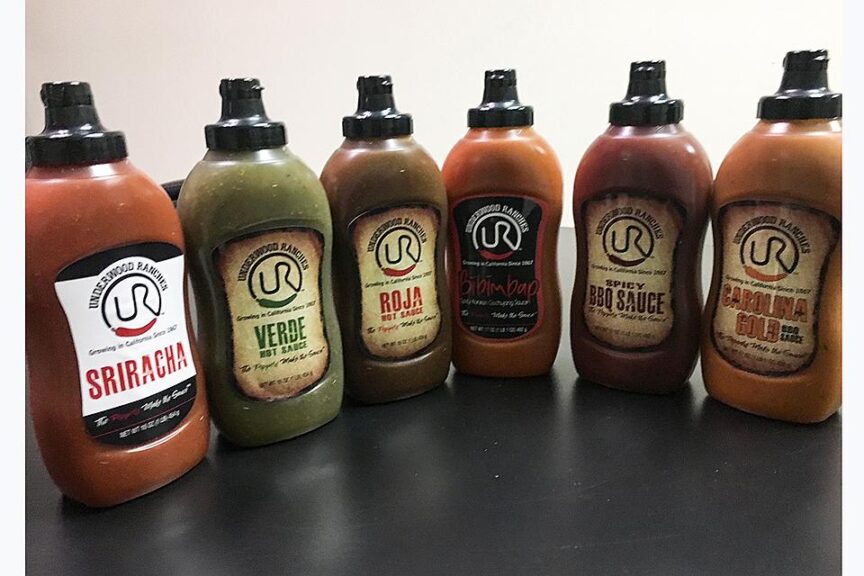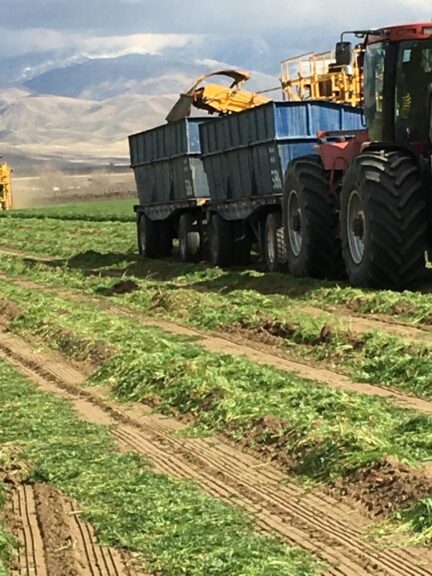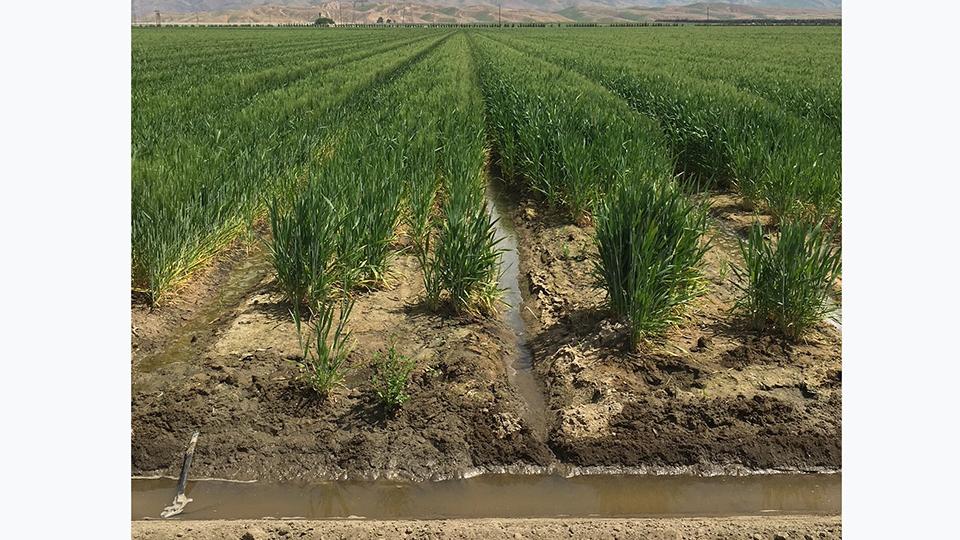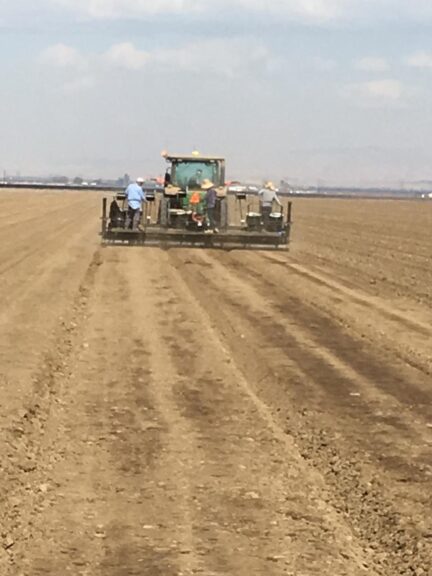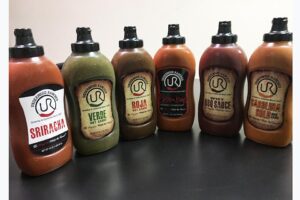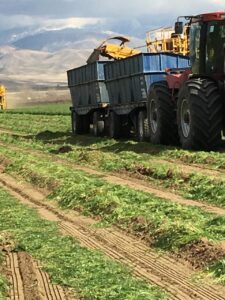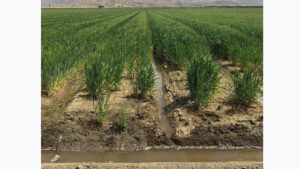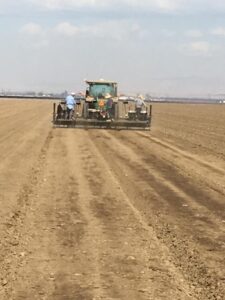Why Reputation Is Good Business for Underwood Ranches
The story of Underwood Ranches cannot be told without talking about sriracha. When the Huy Fong version of the Thai hot sauce rocketed in popularity around 15 years ago, Camarillo, CA-based Underwood Ranches grew right alongside. After all, it grew all the jalapeños used as the sauce’s base. It was a mutually profitable 30-year relationship.
In 2016, things imploded.
That fall, Huy Fong attempted what Craig Underwood, Owner of Underwood Ranches, believed was an effort takeover of its jalapeño growing division. By that year, Huy Fong would advance a large part of the growing costs for the season. In fall 2016, it demanded a $1.5 million repayment, even as it tried to poach key Underwood staff, including the chief operating officer.
The Underwood family did their best to preserve the relationship. Instead, a dual lawsuit ensued.
Underwood Ranches won the case and the appeal. But the $23 million settlement didn’t come through until just months ago.
Predictably, Underwood Ranches lost more than 75% of its business.
“The cautionary tale, I guess, is not being so dependent on one customer. But that works both ways. We had grown with that customer for almost 30 years, and it was extremely successful. So, it’s kind of hard to minimize that,” Underwood says.
The twin blows of losing its main customer and funding a multi-year court case almost broke Underwood Ranches. One of the toughest things about losing the sriracha contract was how it impacted Underwood Ranches’ workers.
“When it happened, we had to lay off about 45 people — just bang — because they were totally devoted to peppers. And we had no place for them. Forty-five people lost their jobs,” Underwood says.
Today, however, Underwood Ranches is still going strong on 3,000 acres, down from the 4,000 acres it operated on in 2016.
So how did Underwood and the Underwood family save their business?
There is no silver bullet for surviving losing most of your income. Instead, the Underwoods did the hard work of building a diversified customer base, communicating honestly with vendors and fellow growers, and cutting costs wisely.
Recovery Began with a Good Reputation
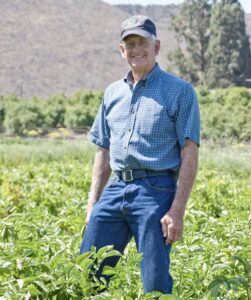
Craig Underwood of Underwood Ranches. Photo courtesy of Underwood Ranches
In the months following the schism, Underwood had to have a lot of uncomfortable conversations.
“We still had bills to pay with no money to pay,” he says. “We didn’t try and deceive anybody. We told them the way it was and apologized when we couldn’t meet their expectations.”
But he kept the lines opened, explaining their situation frankly. If he hadn’t built a reputation for honesty and reliability over the years, the family farm would likely have folded at that point.
“I think [our reputation] allowed us to survive,” he says. “It was a tough period for the family and a tough period for the people who work for us.”
When asked what advice he’d give to others facing a similar crisis, Underwood at first demurred. Then changed his mind.
“I guess that’s the one thing I would advise anybody to do: Have good moral values and stick with them,” he says.
Diversifying
Farming is always going to be a risk, Underwood says. But the Underwood family has tried to reduce risk as much as possible.
One way it has done so is through contract growing for well-established brands, which Underwood prefers not to name.
“We transitioned over to growing basically commodity products for other growers. It reduced our risk,” he says.
That reduces the risk on multiple levels. Underwood grows processing tomatoes, onions, carrots, and other crops for brands who are selling to retailers and other customers. It’s an extra layer of insulation.
Before, the operation had more than 3,000 of its 4,000 acres producing jalapeños. Today, it’s operating on only 3,000 acres with almost none in peppers.
The peppers they do grow are for their own line of hot sauces, which they grow, process, bottle, and sell. Currently, however, it’s a small part of Underwood’s bottom line. Most of the income is coming from contract growing.
Investing in Equipment
The team scrutinized their budgets and expenses, looking for any weaknesses they could cut.
In some cases, they found they could save money by spending wisely.
“If we’re renting a tractor, then we put it on a new payment schedule. After a period of time, we own the tractor. We don’t have to make payments on it anymore,” Underwood says.
The operation used the same philosophy on its sprinklers.
Jalapeños did not need as much irrigation as some of the crops Underwood Ranches now produces. With its increase in sprinkler irrigation, they needed a new strategy.
“We had been renting aluminum pipe. So, we stopped renting and we put it on a purchase plan,” he says.
They also upgraded the quality of their pipes and type of sprinkler heads, ensuring a longer lasting irrigation system.
“It saves on water and saves on labor,” Underwood says. “And it gives a very uniform distribution.”
They have made several other investments, from technology to buying more crop insurance.
One tech purchase is a John Deere uplink system that alerts crews when something is wrong with the tractor.
“We know what’s going wrong, and we can deal with it ahead of time rather than having it go down in a field and having to call in a mechanic,” Underwood says.
Because of the benefits this kind of technology offers, the Underwood team is on the hunt for other improvements.
“We’re looking at how we can be more automated. A lot of people who work for us have been with us for 20, 25, 30, 35 years,” Underwood says. “Just like all of agriculture, our workforce across the board is getting older.”
Looking ahead, Underwood knows you can’t predict everything that will come. But he and his team are building an operation capable of withstanding future shocks.
At a Glance: Underwood Ranches
Owner: The Underwood Family
Founded: 1867
Location: Headquarters in Camarillo, CA
Acres: 3,000
Crops: Onions, carrots, processing tomatoes, Brussels sprouts, kale, watermelon, cilantro, potatoes, herbs, citrus, avocados, black-eyed beans, and cotton.




